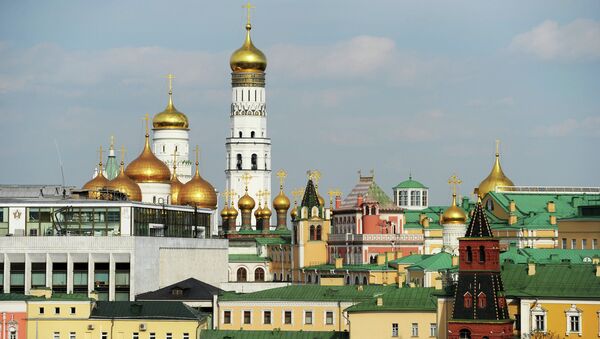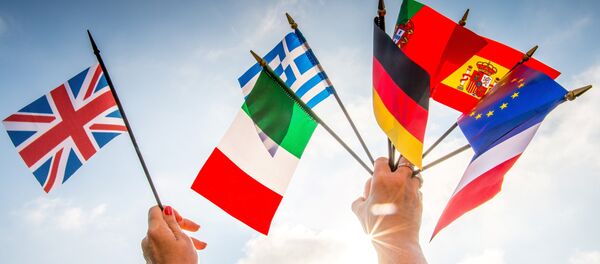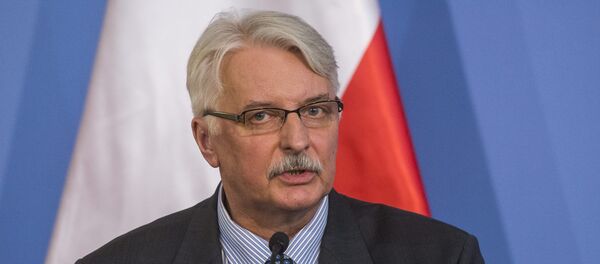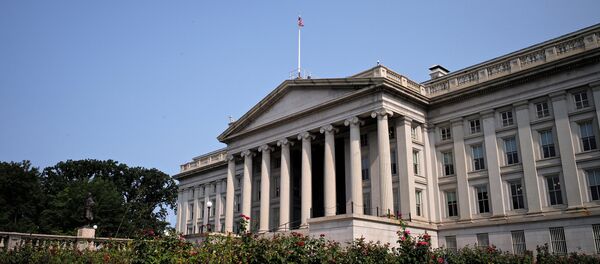"And unlike the United States government, which takes a hawkish stance on using its own sanctions to influence the Kremlin, EU members have diverged in their views on how to deal with Russia. Now Moscow hopes to make the most of the growing discord among EU member states, but its efforts will not go unchallenged," an article by the American think-tank Stratfor read.
The main threat to the EU unanimity on anti-Russian sanctions is the rift between Moscow-friendly countries, like Greece, Hungary and Italy, and those hostile towards Moscow, including Poland and the Baltic states.
At the same time, Germany, the de facto leader of the European Union, has a more complicated stance towards Russia, the article read.
Furthermore, the governments of Hungary and Greece have repeatedly criticized the sanctions, calling to ease or even remove them. But they have voted with Germany to prolong them because their economic and commercial ties with Germany are much more important than ties with Russia, the article noted.
"The Brexit vote has created a window of opportunity for Moscow to try to exploit the European Union's divisions over various issues, particularly sanctions. After all, the Kremlin is well aware that it needs only one dissenting country to bring an end to the measures," it read.
However, there will be a response from the group of hostile countries. Estonia, Latvia, Lithuania and Poland are likely to use their own diplomatic tools, lobbying Brussels to keep sanctions in place, according to the article.
Despite the fact that there are still more pro-sanctions countries within the EU the policy of sanctions is likely to face more and more obstacles.
"Votes on the issue are getting more and more contentious, and the economic effects of the sanctions and Moscow's countersanctions are starting to take a toll on the continent. Now that the Brexit referendum has thrown the European Union's future into question, Russia will probably have more leverage over the matter in the next few months than it has had in the past two years," the article concluded.






